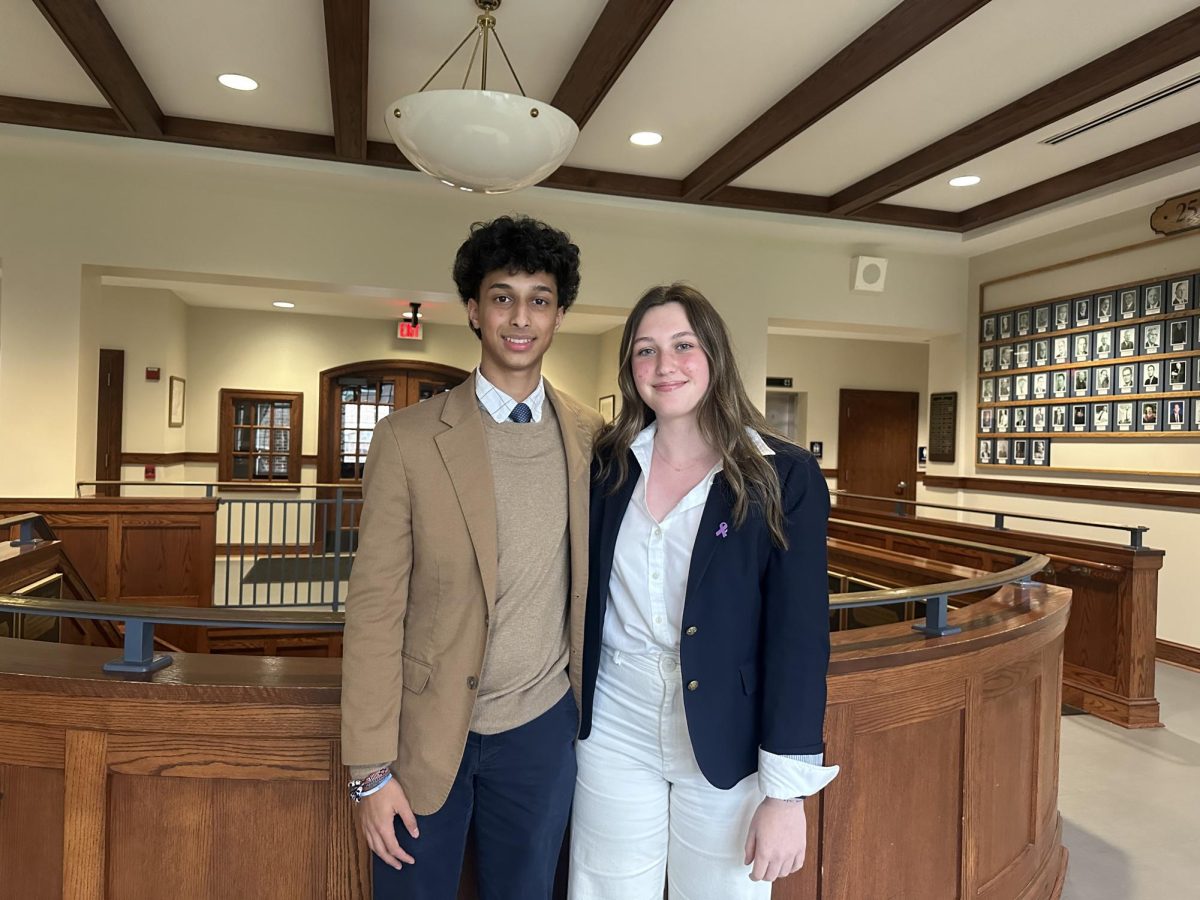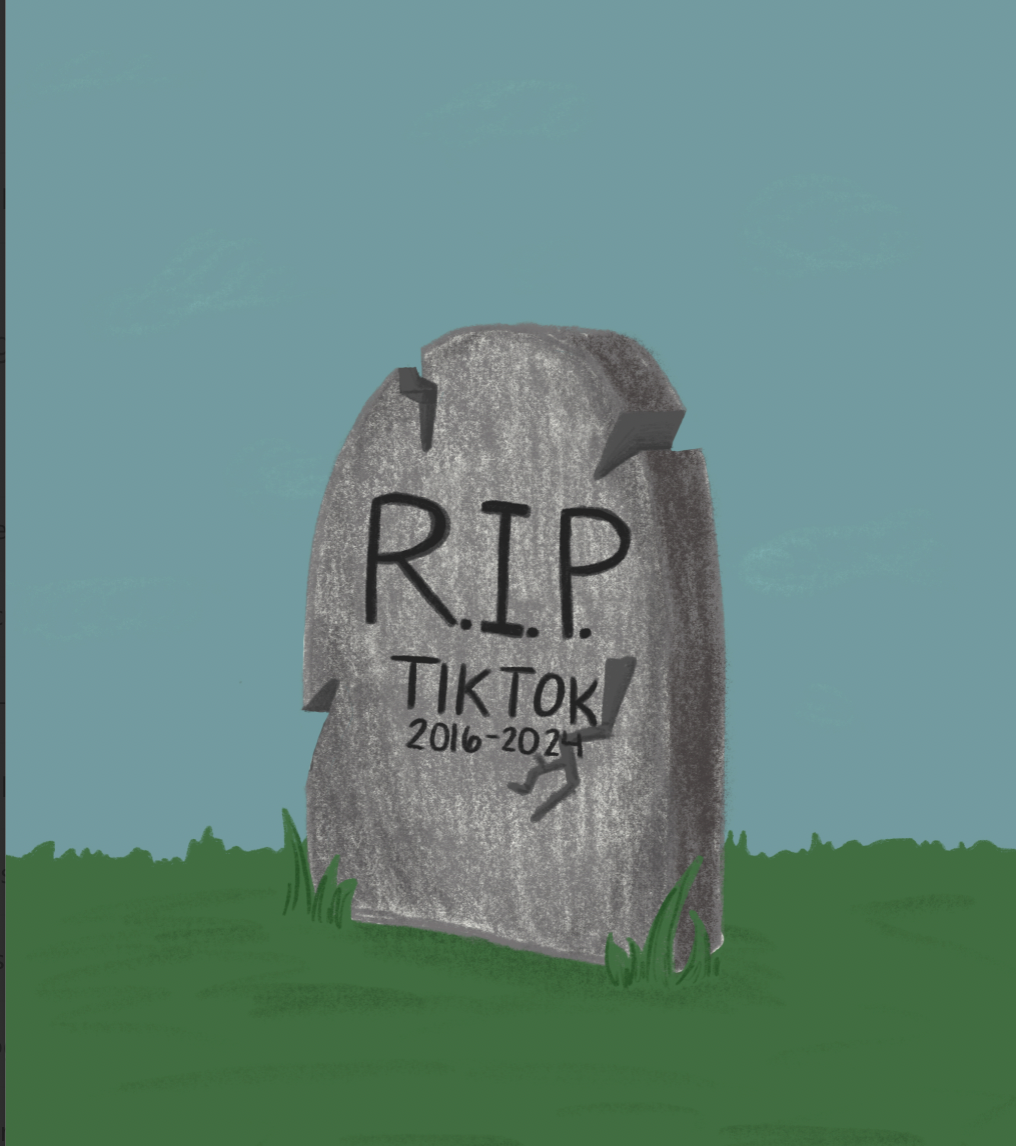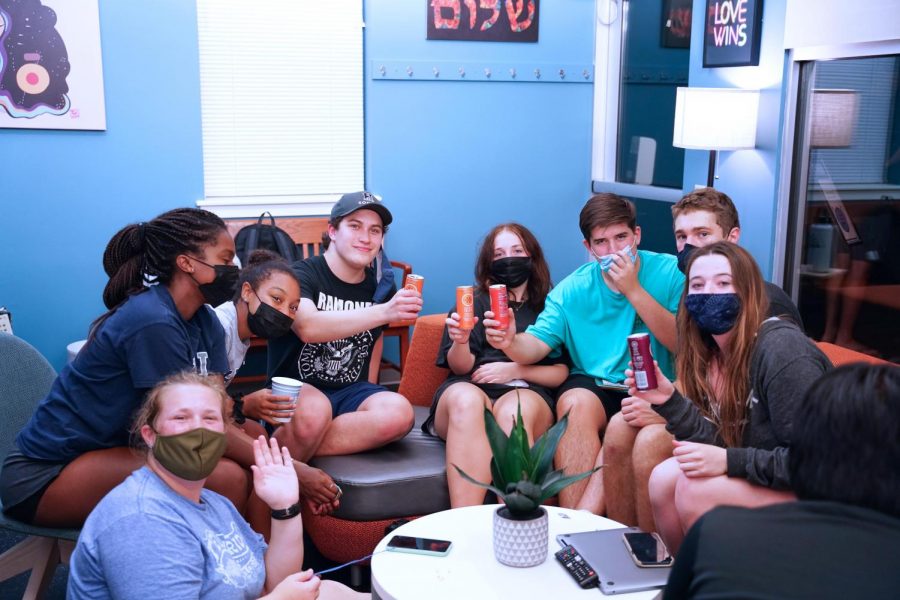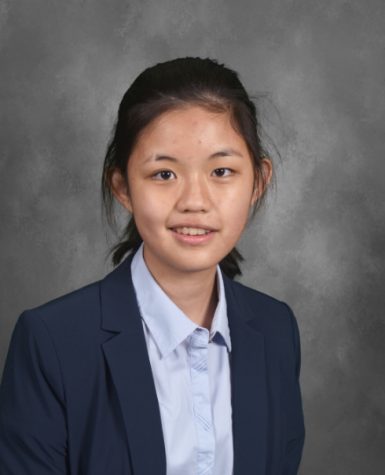Hill’s DEI introduces The Warner Center
Media: Erick Sun
Anna Lignelli ’22, Taylor Folk ’22, Adele Harris ’22, Luke Gerdeman ’23, Rachel Maier ’22, Grant Deshishku ’22, Erick Dorney Park. Rostom, and Eddie Proffitt socialize at Camp Men-O-Lan. Todorow ’22, and Anna Schlegel ’22 enjoy Izzes at the opening of The Warner Center.
In the 2021-22 school year, Hill’s Diversity, Equity, and Inclusion team introduced a brand new space to the Hill campus: the Warner Center for Spiritual Life and Equity. Located in the Brick House between the Alumni Chapel and Dutch Village, the Warner Center is intended to be a welcoming space where members of the Hill community who come from underrepresented groups can feel at home.
“I’d like to see students treating it like a home away from home,” Rev. Khristi Adams, the DEI faculty adviser, said. “It was actually Mr. Lehman who brought this idea to my attention.” When asked about this, Head of School Zack Lehman recalled a conversation he had with an alumnus who suggested that Hill should create a space dedicated to supporting student clubs and affinity groups. Lehman also mentioned a visit to his own alma mater, Phillips Exeter Academy, which has a designated place for DEI groups to gather. Both of these instances inspired him to establish something similar at Hill.
“Given the recent growth of our Spiritual Life and DEI programs at Hill, I think it is very important that students have a comfortable and accessible place to meet that is devoted to these matters,” Lehman stated in an email. “While there are many places on campus where students can meet to discuss any topic, there is something reassuring about gathering in a space that feels purposeful, welcoming, and safe to discuss sensitive topics.”
Both faculty members also spoke about the Warner Center’s various features, such as the kitchen and handicap accessibility. Adams emphasized the Warner Center’s versatility. She envisions a wide variety of possible uses for the space, such as DEI programs, weekend activities, lectures, study hall, or even classes at some point. She mentioned how the Warner Center could also be a place to hold more serious conversations or group discussions regarding diversity, equity, and inclusion.
The process of establishing the Warner Center was not all smooth sailing. Heavy thunderstorms in August caused several buildings on campus to flood, one of which was the soon-to-be Warner Center building. The entire floor and even lower parts of the walls had to be pulled out. Still, despite what seemed like a setback, the flooding actually helped boost the Warner Center’s renovation process. A building that previously did not receive a lot of attention now had a complete makeover. With some hard work and effort, the Warner Center was finally ready to welcome the Hill community into its walls.
So far, Hill students and faculty have made full use of the Warner Center. Hill’s DEI team has hosted several events at this newly available space. There was a movie night to celebrate National Hispanic Heritage Month, a dinner for new BIPOC faculty, a dedication ceremony featuring guest speaker Michael Tennant ’00, and many more. Even outside of planned events, students have enjoyed using the Warner Center.
“It’s a great place to go to get your homework done during study hall,” Tofe Akinyanmi ’23 said. “It’s also a comfortable space to hangout or have conversations. Not everyone at Hill can feel safe everywhere, so it’s important that we have the Warner Center as a place to talk about things we want to talk about.”
Indeed other Hill students also share this sentiment.
“The Warner Center is an important place for students to make lifelong friendships, feel spiritually guided, and engage with different cultures,” Olivia Kalu ’22, co-chair of DEI, said. “In such a challenging and fast-paced environment, I hope the Warner Center serves as a place for students to feel comfortable, supported, and respected regardless of their race, ethnicity, gender, sexuality, or religion.”
Adams agrees that it is crucial for students of all backgrounds to have a place where they feel seen, heard, and understood.
“A lot of times in spaces that are predominantly white, underrepresented students could feel the same way that they do in society. As much as a school is family first, some things are inevitable,” Adams said. “I want to create an environment on campus where all students, domestic and international, can feel like their unique experiences are centered and taken seriously. I hope to do that with the Warner Center.”




























